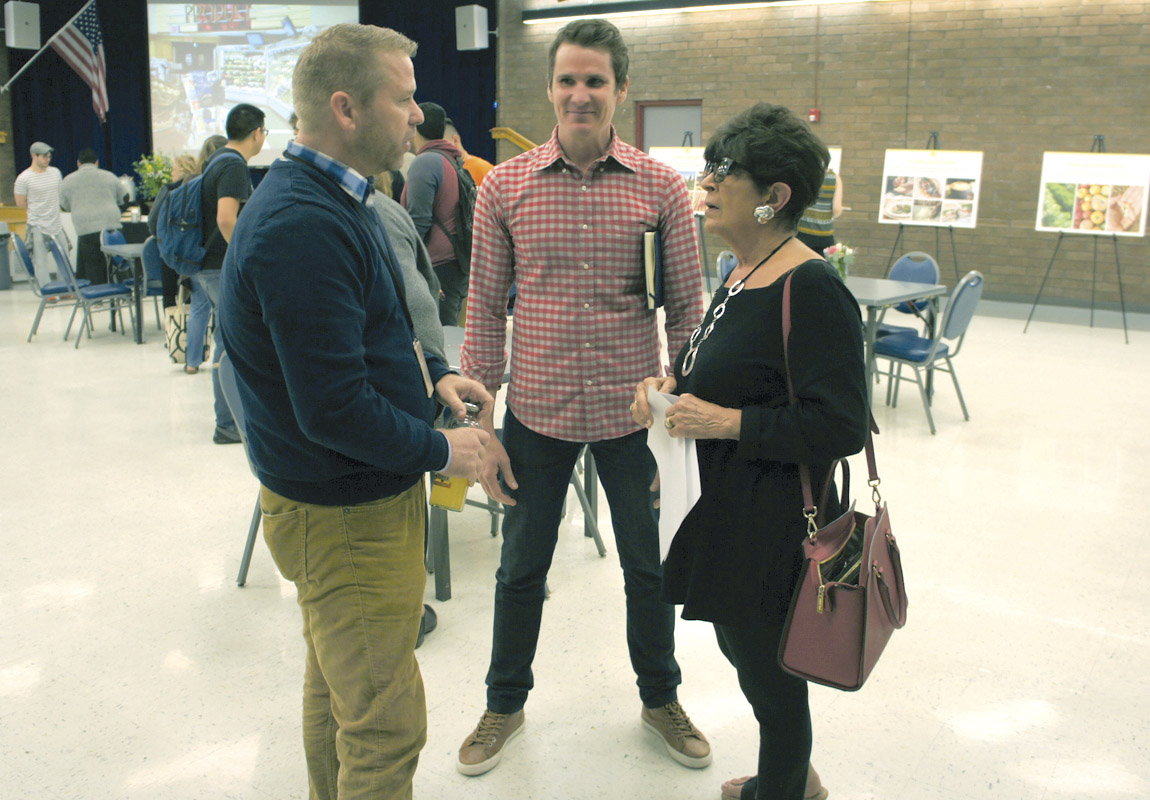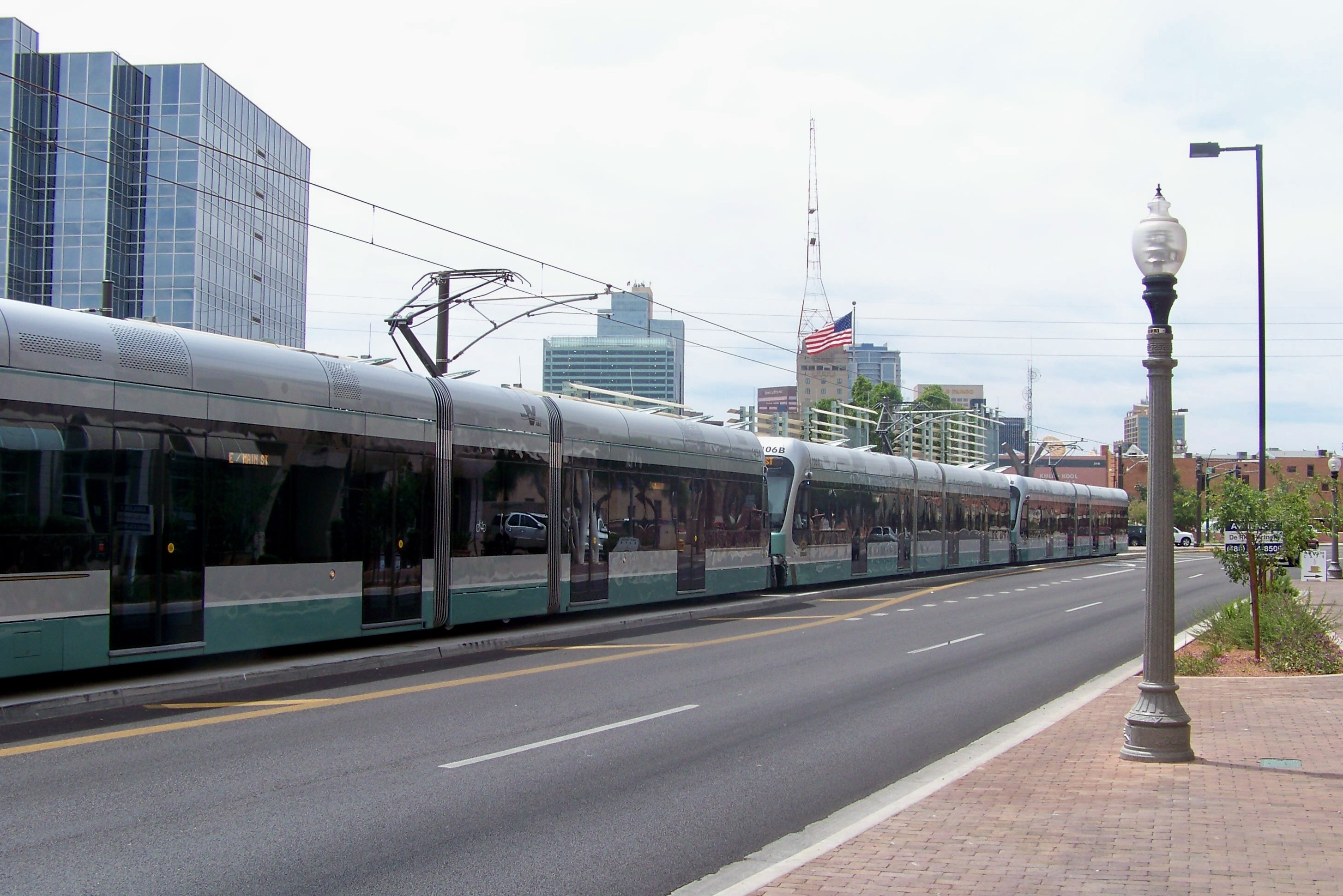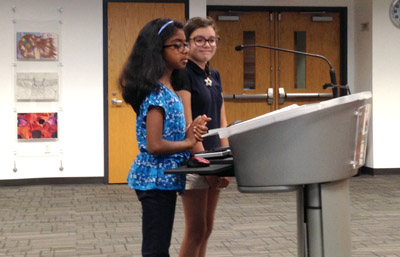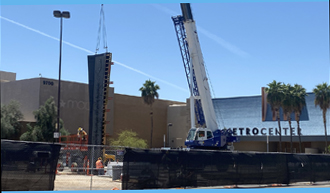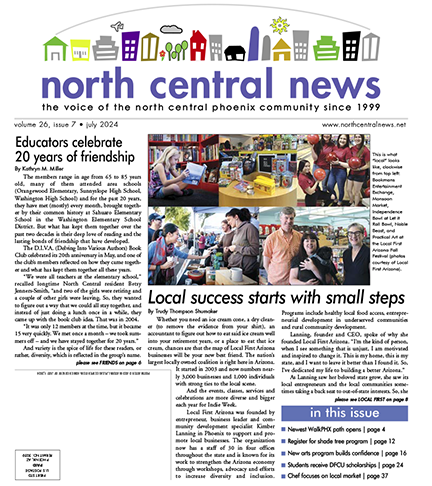Phoenix voters will have the opportunity to have a say in how money is spent by the city in the coming years through several key propositions on the ballot for the Aug. 25 election.
Perhaps the most controversial measure is Prop. 104, also referred to as Transportation 2050, a $31.5 billion, 35-year transportation proposal drawn up by the Phoenix City Council in April. Opponents take issue primarily with increasing and extending the first Phoenix transit tax, first approved by voters in 2000 and set to expire in 2020. Already city officials are saying that tax will not be enough to complete needed projects—even those that were planned to be paid for by the original tax. They are projecting a shortfall of close to $1 billion.
Voters are being asked to increase the tax rate to a 0.7 percent (or .70 cents per $100) sales tax and extend it until 2050. City officials contend the money is needed to both finish uncompleted transit projects as well as fund new projects in the future.
Opponents object primarily to the billions of dollars the city wants to spend to add approximately 42 miles of new light rail line—including an extension to Metrocenter Mall—saying the cost-to-benefit ratio doesn’t add up. Even with ever-increasing ridership, the cost to relocate utilities, tear up roadways, lay the rails, build stations, buy rail cars and more means that the light rail, as a transportation system, will never be able to pay for itself.
Opponents are less concerned about other key points in the plan, including extending bus service hours to 11 p.m. on weekdays and 2 a.m. on weekends, providing 15-minute peak frequency on the majority of bus routes, and adding 75 miles of new bus rapid transit routes.
The plan also provides overlay for all of Phoenix’s major roads—more than 680 miles’ worth—and frees funding to provide much-needed repair for neighborhood streets. Prop. 104 also will include funding to add more than 1,000 miles of bike lanes citywide and 135 miles of new sidewalk.
Both sides are campaigning hard, with street and yard signs, websites, Facebook pages, and media advertisements. To read more arguments in favor of Prop. 104, visit MovePhx on Facebook. For more information on those opposed to the transportation tax, see Americans for Prosperity Arizona on Facebook or visit www.aztaxpayers.org.
Voters also will have a few other propositions to consider on Aug. 25:
- Prop. 100: Ratification of the City of Phoenix General Plan, approved by the City Council on March 4. The General Plan provides direction for development, conservation and infrastructure investments, generally over the next 30 years. It does not change any current zoning or raise any taxes.
- Prop. 101: Alternative Expenditure Limit—The Arizona Constitution allows voters to extend the locally controlled alternative expenditure limitation for the city, continuing it for the next four years. This alternative expenditure limitation has been in place since fiscal year 2000-01. If approved, it would keep the city of Phoenix’s expenditure limitation equal to the amount of the budget adopted by the City Council. A “No” vote would have the effect of the city operating under the state-imposed expenditure limitation formula based on 1979-80 expenditures, adjusted for inflation and population. This will result in an estimated $928 million reduction in the fiscal year 2016-17 budgeted expenditures.
- Prop. 103: Pension Reform—This is a proposal to amend the City of Phoenix Employees’ Retirement Plan for employees hired on or after Jan. 1, 2016, to: (1) limit compensation used to calculate pensions; (2) use a five-year compensation average to determine pension amounts; (3) replace automatic postretirement increases with an option to reduce initial pension payments to fund postretirement increases; and (4) eliminate credit for unused sick leave. This proposal also would amend the retirement plan to cap future plan contributions for employees hired on or after July 1, 2013 at 11 percent of annual compensation; and limit the interest rate applied to contributions refunded to withdrawing members.
To learn more about these propositions, visit “Yes for PHX” on Facebook.


